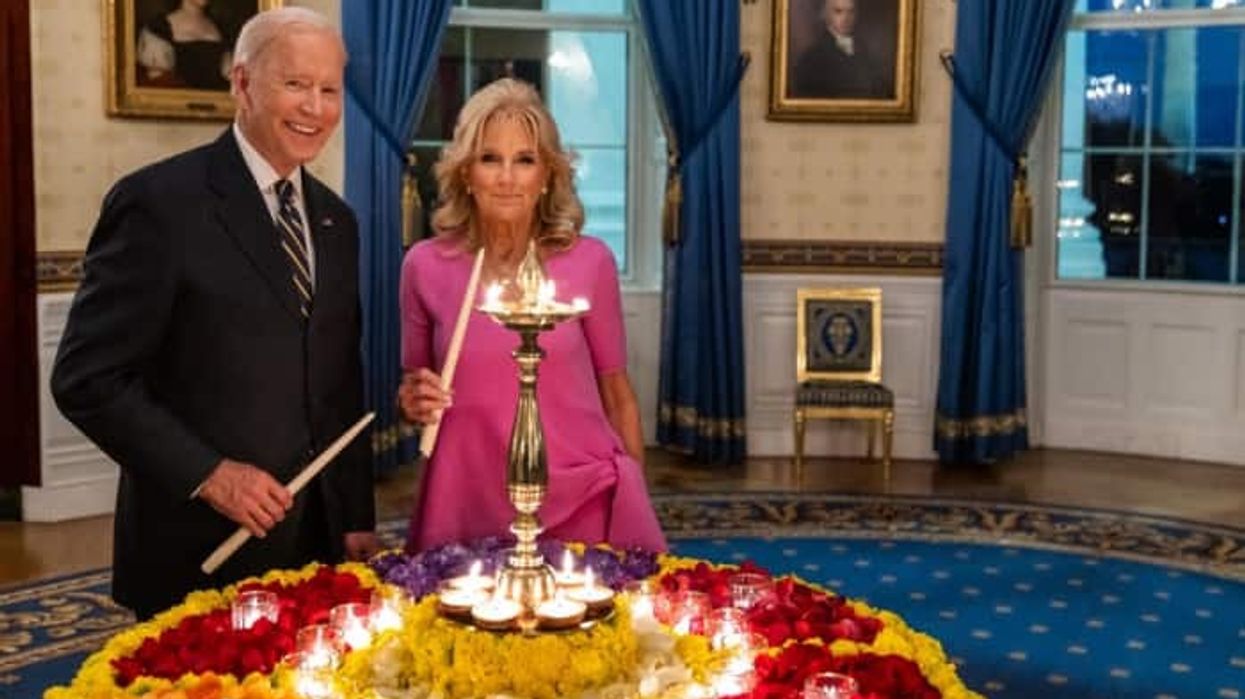US President Joe Biden has plans to celebrate Diwali at the White House this year, his spokesperson said. This will be Biden's second Diwali celebration as the US President.
Details and the nature of preparations have not been revealed yet.
“Yes, he has plans to celebrate Diwali just like he did last year,” White House Press Secretary Karen Jean-Pierre told reporters at her daily news conference.
“We don't have a date to share with you at this time but it is an event that he thinks is very important as he sees a partnership with India as well as Indian Americans here in this country,” Jean-Pierre said in response to a question.
Meanwhile, Maryland Governor Lawrence Hogan has declared October as Hindu Heritage Month.
“May the light of Diwali remind us that from darkness, there is knowledge, wisdom, and truth. From division, unity. From despair, hope,” Biden had written in a post on Twitter last year that also had a picture of him and First Lady Jill Biden lighting the ceremonial lamps at the White House.
Vice-President Harris’s post last year was longer with a video message: “Greetings everyone. I want to extend my warmest wishes for a happy valley to everyone celebrating the festival of lights here in the United States and around the world.
“This year Diwali arrives with even deeper meaning in the midst of a devastating pandemic. The holiday reminds us of our nation’s most sacred values, our gratitude for the love of family and friends, our responsibility to lend a hand to those in need and our strength to choose light over darkness, to seek knowledge and wisdom and to be a source of goodness and grace. Let’s remember to honour the light within one another. From our family to yours I wish you a joyous Diwali.”
Beginning with the Bush Administration, Diwali is being celebrated at the White House every year.
(PTI)




